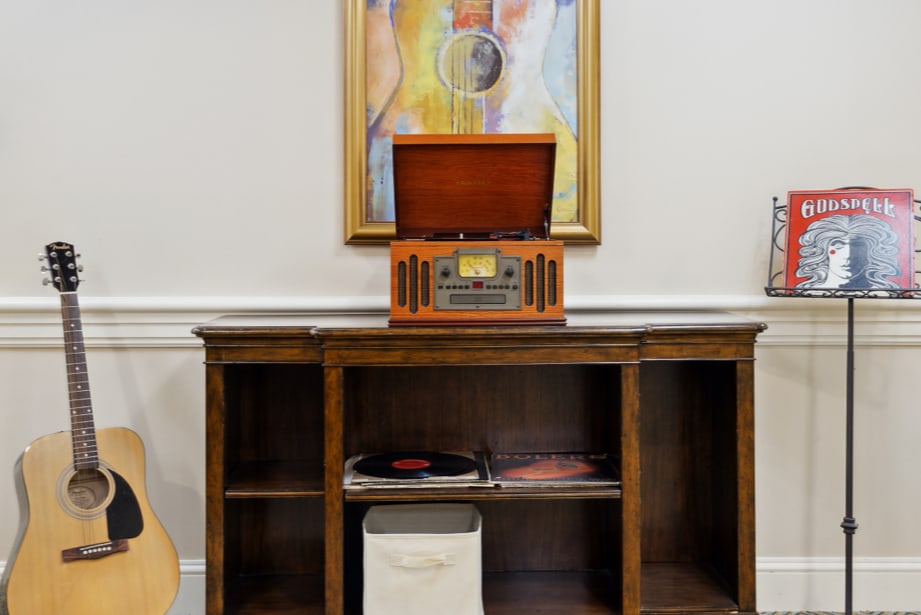Memory care is a specialized type of long-term care designed to meet the unique needs of individuals with Alzheimer’s disease, dementia, or other memory-related conditions. It provides a safe and structured environment with activities and programs tailored to enhance cognitive function and improve quality of life.
As families navigate the complexities of caregiving, many wonder about the financial aspects of memory care, particularly during tax season when they’re looking for deductions. There may be some circumstances where memory care or other long-term senior care services are tax deductible. But it’s far from black and white as it can vary by state, reason for care, and other specifics. So, it’s important to involve a knowledgeable tax professional come tax season to maximize your or your loved one’s tax benefits.
Understanding Tax Deductions for Medical Expenses
The Internal Revenue Service (IRS) allows taxpayers to deduct medical expenses that exceed a certain percentage of their adjusted gross income (AGI). This threshold is 7.5% of AGI for the 2023 tax year.
Eligible Medical Expenses & Criteria
Several eligible medical expenses can qualify for the deduction. They include payments for diagnosis, cure, mitigation, treatment, or prevention of disease, and treatments affecting any structure or function of the body.
This can cover various services, from doctor visits and prescription drugs to medical equipment and long-term care services. That’s why it’s crucial to include an experienced tax professional for your taxes when there are potentially complicated circumstances to deal with.
Memory Care & Tax Deductibility
The tax deductibility of memory care expenses depends on the nature of the services provided and the specific circumstances of the individual receiving care.
Clarification on Memory Care Services Eligibility for Deductions
Memory care services must be considered necessary for the treatment, alleviation, or prevention of a medical condition to qualify as a deductible medical expense. This could include:
- Qualified long-term care services: A qualified long-term care service is one required by a chronically ill individual and prescribed by a licensed health care practitioner. The services can include daily assistance with activities such as eating, bathing, or dressing, therapeutic care, and cognitive care.
- Residential community costs: The cost of care, meals, and lodging may be deductible if the primary reason for residing in a memory care community is to receive medical care. But only the medical care portion is deductible if the primary reason is personal.
Examples of Deductible & Non-Deductible Expenses
This is not a comprehensive list, but the following gives you an idea of some expenses that may or may not be eligible for a tax deduction:
- Deductible: Nursing care, physical therapy, medical evaluations, and the portion of memory care community fees directly related to medical care.
- Non-deductible: Cosmetic treatments, general housekeeping, and non-prescription medications
Claiming Memory Care Expenses on Your Taxes
Most tax situations don’t technically require a tax professional, but involving one can help maximize the money you or your loved one can back from medical care payments. There are a few things to keep in mind when claiming memory care deductions on your taxes:
- Calculate total medical expenses: Sum up all qualifying medical expenses incurred during the tax year. The IRS has a document that sums up all allowable medical and dental expenses. It may be helpful to consult this during your calculations for your expense totals.
- Determine deductible amount: First, calculate your AGI, then subtract 7.5% of your AGI from your total medical expenses. The resulting amount is your allowable deduction. This percentage may change from year to year, so it’s crucial to have up-to-date tax information.
- Use the correct tax form: Itemize your deductions using Schedule A (Form 1040).
- Keep detailed records: Maintain receipts, invoices, and any documentation from medical providers that substantiate your claims. The IRS may or may not request this evidence, but you should keep it for at least 3 years from the time of your tax return.
Forms & Documentation Required
Here’s a snapshot of forms or documents you’ll want to have available when doing your taxes with memory care tax deductions:
- Receipts and invoices for all medical expenses
- Statements from medical or care providers detailing services rendered
- Documentation from a licensed health care practitioner prescribing long-term care services
Don’t Let Tax Season Stress You Out
Navigating the financial aspects of memory care can be challenging, but understanding the potential for tax deductions can provide significant relief. You can ensure that you’re utilizing available deductions to support your loved ones effectively by being informed and proactive.
Remember, the information provided here is a general guide. It’s crucial to seek professional advice tailored to your situation to maximize your benefits and avoid potential pitfalls. Empower your financial planning today—consult with a tax advisor to explore the best options for your memory care expenses.Call us today at The Grande at Creve Coeur. Our knowledge team can answer your questions or point you to the answers to your questions about senior living and taxes. We’re also happy to show you the community so you can see how your loved one can receive support in all areas of their lives.









